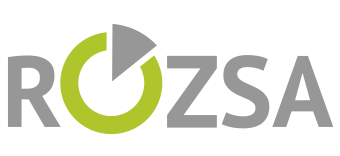Assessing the role of FinTech in entrepreneurial ecosystems at the international level
The goal of the present research was to assess the role of FinTech progress in the enhancement of entrepreneurial ecosystems at the country level for ten European countries within four-time intervals of 2011, 2014, 2017, and 2021. Thus, the research plan involved an empirical approach that utilized twenty-five and six variables to create the consolidated EE and FinTech indices, respectively. The results revealed significant positive correlations between FinTech (financial and technological dimensions) and EE in all selected countries, exposing the overall effective role of the FinTech index in the EE framework during 2011–2021. This result supported two research hypotheses, revealing that high values of progress in the financial and technological dimensions of FinTech can enhance the EEs in European countries. Additionally, the results revealed the effective role of the FinTech index in the enhancement of EEs through the three enhancing EE elements of “networks,” “demand,” and “intermediate services,” supporting the third research hypothesis. According to our results, the overall status of FinTech in all European countries accelerated from 2011 to 2021. Additionally, the enhancement of EE in European countries in recent years has transferred from formal and cultural components to technological networks and services. Hence, the technological dimension of FinTech can be defined as a driving power of economic growth in the study area and should be considered in economic programs and revisions of EE structures.
Funding information
Scientific Grant Agency of the Ministry of Education, Science, Research and Sport of the Slovak Republic and the Slovak Academy of Sciences (VEGA). Project n. 1/0364/22: Research on eco-innovation potential of SMEs in the context of sustainable development.
Keywords
Entrepreneurial ecosystem (EE), FinTech, financial and technological dimensions, correlation tests, European countries
Source
Khatami, F., Cagno, E., Smrčka, L., & Rozsa, Z. (2024). Assessing the role of fintech in entrepreneurial ecosystems at the international level. International Entrepreneurship and Management Journal. https://doi.org/10.1007/s11365-024-00949-7
